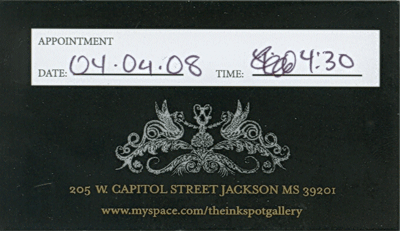It’s Ms. Ms.!! Say Mizzzzzzzzzzz!!!
We need equality. Kinda now.
I’m always stunned when something like this happens. I know I live in the deep south, and I know that I work with folks whose entire careers immerse them in the near- to distant-past. However, this is just crazy.
I got stopped my two people having an animated conversation, evidently engrossed in the subtleties of female honorifics. They were particularly confounded by the pronunciation of Ms. I offered my input (It’s a hardish z sound, like Mizz) and started to leave when one said something about me being a Mrs.
I said, “I actually don’t go by Mrs., I prefer Ms.”
“But you’re married! Only divorced women use Ms.”
I rambled awkwardly about how it most certainly was not a construct for divorcees, but it didn’t seem like any of it sunk in. I’m just so stunned and baffled by such a ridiculous and narrow statement.
For the record:
Many of us think of Ms. or Ms as a fairly recent invention of the women’s movement, but in fact the term was first suggested as a convenience to writers of business letters by such publications as the Bulletin of the American Business Writing Association (1951) and The Simplified Letter, issued by the National Office Management Association (1952). Ms. is now widely used in both professional and social contexts. As a courtesy title Ms. serves exactly the same function that Mr. does for men, and like it may be used with a last name alone or with a full name. Furthermore, Ms. is correct regardless of a woman’s marital status, thus relegating that information to the realm of private life, where many feel it belongs anyway. Some women prefer Miss or Mrs., however, and courtesy requires that their wishes be respected.


